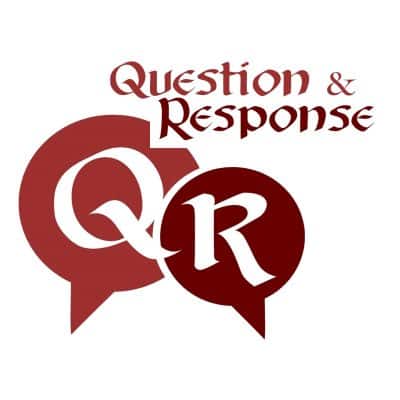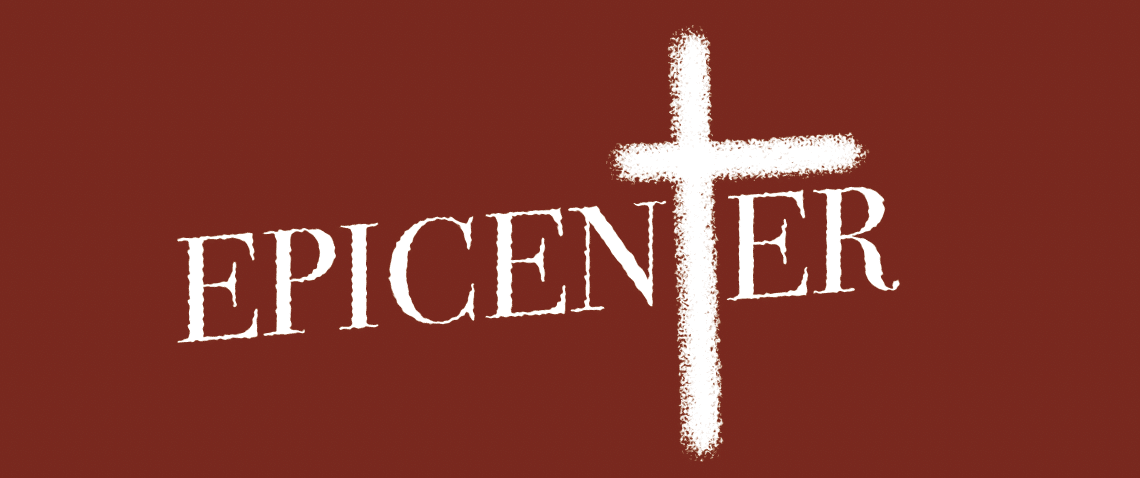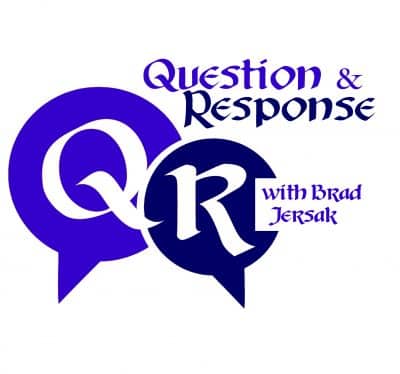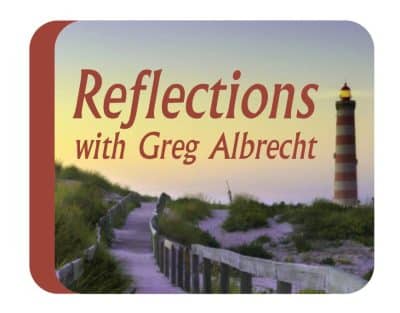Doctrine & Revelation (the Book) – Brad Jersak

Question:
I think I once heard you say something like, “At the council of (something), they concluded that Revelations should not be used for determining theology. It was to be used for worship, etc.” Where can find resources to back up that statement?
Response:
Not exactly, but something like that. The idea was the dogma (non-negotiable doctrine) of the ancient church was finalized before Revelation was formally included in the canon of the New Testament. In other words, since Revelation wasn’t officially included as Scripture, it wasn’t a building block of our creedal theology.
That’s not to say Revelation shouldn’t be in the Bible or that previous authors hadn’t included it in their suggested lists. For example, Athanasius of Alexandria had included it in his 39th Festal Letter). But if we’re referring to formal affirmations, it’s just a chronological fact that the councils established Christianity’s non-negotiable dogma before later councils formalized our New Testament canon.
Why was that? There was hesitation about the book of Revelation by some key people for some important reasons. For example, circa 350 AD, Cyril of Jerusalem was unhappy about how the Montanist cult had latched onto it to spread false teachings (https://www.bible-researcher.com/cyril.html). Gregory of Nazianzus, the first eminent chair of the second council (381 AD in Constantinople), which finalized the Nicene Creed, did not include it in his list.
It was only 12 years later that the Council of Hippo canonized Revelation (393 AD), confirmed by the Council of Carthage (397) and the Council of Carthage (419).
So the basic math is that Revelation couldn’t be used to establish creedal dogma if it wasn’t canonized until after the creed was ratified.
But once canonized, the church recognized its use as a call to faithfulness to Christ and to patient endurance through persecution. It also generated beautiful hymnography around Christ our Passover Lamb, who has conquered death and is making all things new. So, I regard Revelation as canonical but would not derive any doctrine from it that we don’t already have in the four Gospels, Acts, and the NT epistles.
But so what? It matters to us for the same reason it mattered to dear old Cyril. We’ve seen the rotten fruit of generations of self-proclaimed prophets and teachers who have perverted this beautiful book into apocalyptic cults that prey on their credulous flocks. The Book of Revelation has been misused to terrorize anxious believers and then exploit them by offering solutions with alleged insider information that you pay dearly for in order to escape what’s coming.
Instead, let us read this book just as it was intended. NOT an End Times Code but as a retelling of the gospel in cosmic imagery, where the Lamb on the Cross in John’s Gospel is one and the same Lamb on the Throne, seen from heaven’s perspective.
If you have found this article helpful, please consider subscribing (free). And if you’d like to help us help others, please consider sharing it with others and hitting the “GIVE NOW” button below.











 Plain Truth Ministries | Box 300 | Pasadena, CA 91129-0300
Plain Truth Ministries | Box 300 | Pasadena, CA 91129-0300

